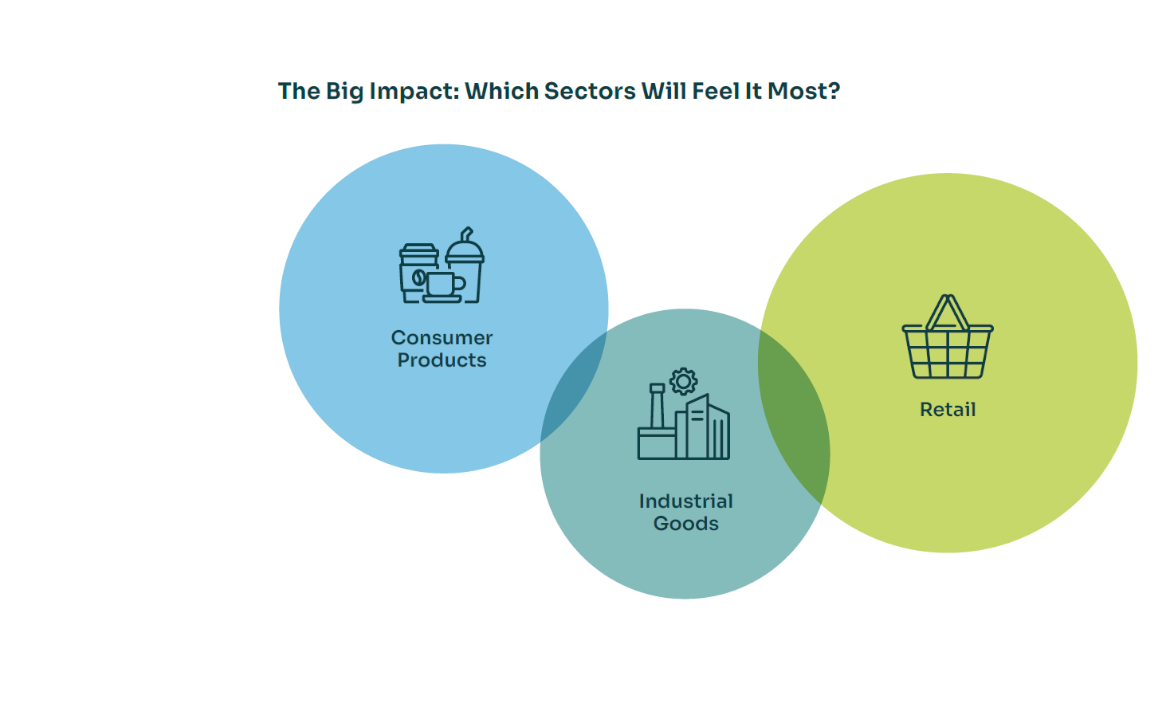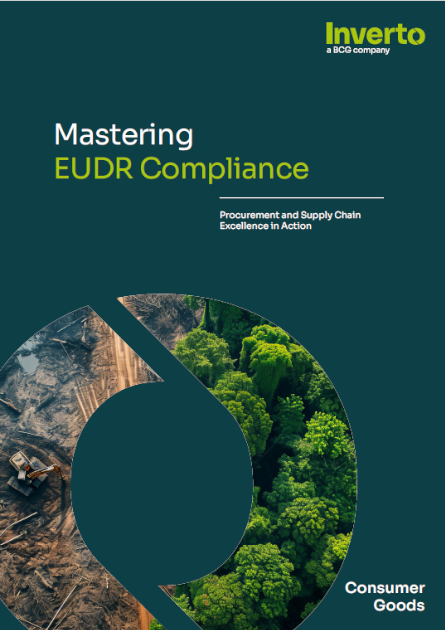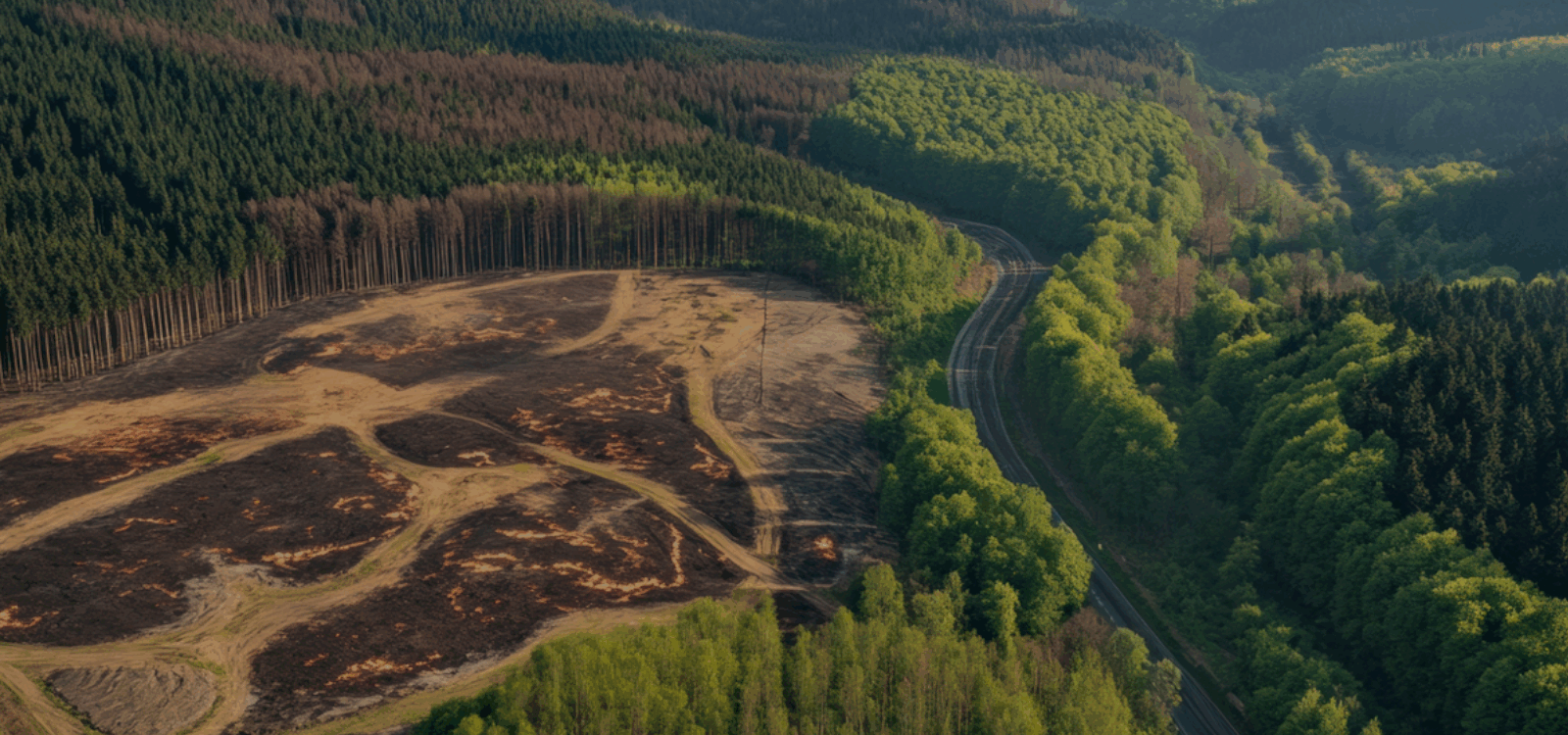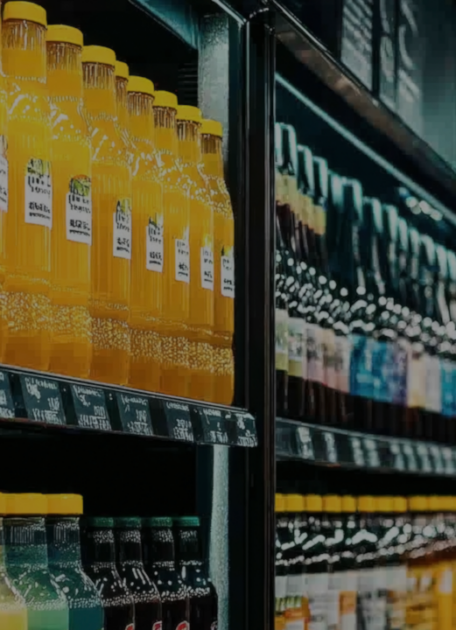EUDR: Compliance Risk or Strategic Advantage?
The EU Deforestation Regulation (EUDR) will come into force for large companies in December 2026. It will require importers placing key commodities—such as cocoa, cattle, soy, palm oil, and rubber—on the EU market to demonstrate that these products are sourced from deforestation-free land. Micro and small enterprises will be subject to simplified requirements starting in mid-2027, with additional flexibilities for low-risk sourcing.
FFollowing successive postponements to give industry and systems more time to prepare, the expectation for compliance by obligated operators remains unchanged. Non-compliance will still mean severe consequences: regulatory fines, exclusion from EU markets, and reputational damage.
More than a regulatory hurdle, the EUDR is a catalyst to transform procurement, strengthen traceability, and build the resilient, sustainable supply chains that will define competitive advantage in the years ahead.
Why EUDR Compliance Matters
EUDR signals a fundamental shift in how global supply chains are governed.
It reflects the EU’s broader ambition for climate neutrality and compels companies to address deforestation at the source—from farm to shelf.
For leaders in agri-food, FMCG, retail, and industrial manufacturing, this is a pivotal moment to:
- Redesign sourcing models around traceability and integrity
- Align internal functions—from legal to IT to supplier engagement
- Demonstrate measurable ESG leadership to investors, regulators, and customers

Download the report to turn EUDR pressure into procurement performance — and get ahead of the curve.
See how market leaders are preparing—and why early action will define tomorrow’s winners.
Download the White Paper for free:
Fill out the contact form below to receive the report by email.









